TOEIC Reading: What is the Science?
Khoa học là từ rất phổ biến ngày nay và nghĩa của nó bao hàm rất rộng. Vây bạn có biết thực chất khoa học là gì không? Cùng tìm hiểu bài Reading ngắn dưới đây nhé, kết hợp luyện Reading và Vocabulary luôn nè.



What is the Science?
Science is a systematic enterprise that builds and organizes knowledge in the form of testable explanations and predictions about the universe.
In an older and closely related meaning, “science” also refers to a body of knowledge itself, of the type that can be rationally explained and reliably applied. A practitioner of science is known as a scientist.
Since classical antiquity, science as a type of knowledge has been closely linked to philosophy. In the early modern period the words “science” and “philosophy of nature” were sometimes usedinterchangeably.
By the 17th century, natural philosophy (which is today called “natural science”) was considered aseparate branch of philosophy.In modern usage, “science” most often refers to a way of pursuing knowledge, not only the knowledge itself. It is also often restricted to those branches of study that seek to explain the phenomena of the material universe.
In the 17th and 18th centuries scientists increasingly sought to formulate knowledge in terms of laws of nature such as Newton’s laws of motion.
And over the course of the 19th century, the word “science” became increasingly associated with the scientific method itself, as a disciplined way to study the natural world, including physics, chemistry, geology and biology. It is in the 19th century also that the term scientist was created by the
naturalist-theologian William Whewell to distinguish those who sought knowledge on nature from those who sought other types of knowledge.
However, “science” has also continued to be used in a broad sense denoting reliable, teachable knowledge about a topic, as in modern terms like library science or computer science. This is also reflected in the names of some areas of academic study such as “social science” or “political science”.
Vocabulary
- enterprise: doanh nghiệp
=> a business or organization
- knowledge: kiến thức
=> information and understanding that you have in your mind
- prediction: dự đoán
=> when you say what you think will happen in the future
- rationally: hợp lý
=> based on facts and not affected by someone’s emotions or imagination
- antiquity: cổ xưa
=> the ancient past
- closely: chặt chẽ
=> If two things are closely connected, related, etc, they are very similar to each other or there is a relationship between them.
- interchangeable: hoán đổi
=> If things are interchangeable, you can exchange them because they can be used in the same way.
- separate: riêng biệt
=> not joined or touching anything else
- pursue: theo đuổi
=> to follow someone or something, usually to try to catch them
- distinguish: phân biệt
=> to recognize the differences between two people, ideas, or things
- denote: biểu thị
=> to be a sign of something




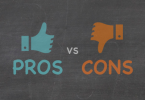
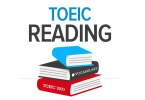
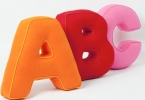

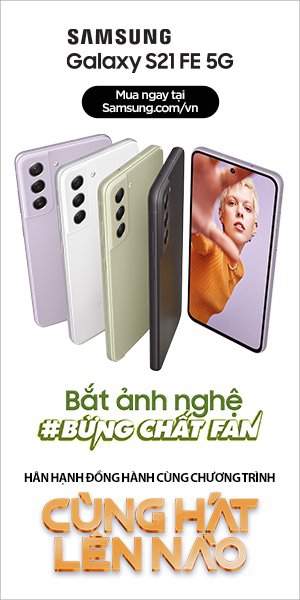
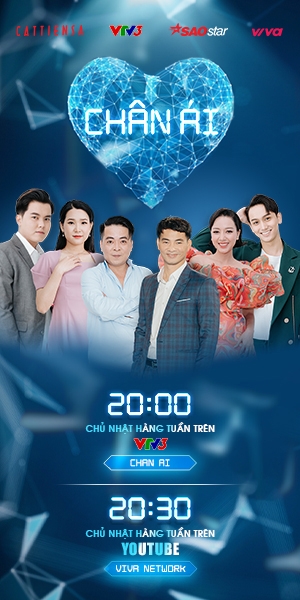

Bình luận